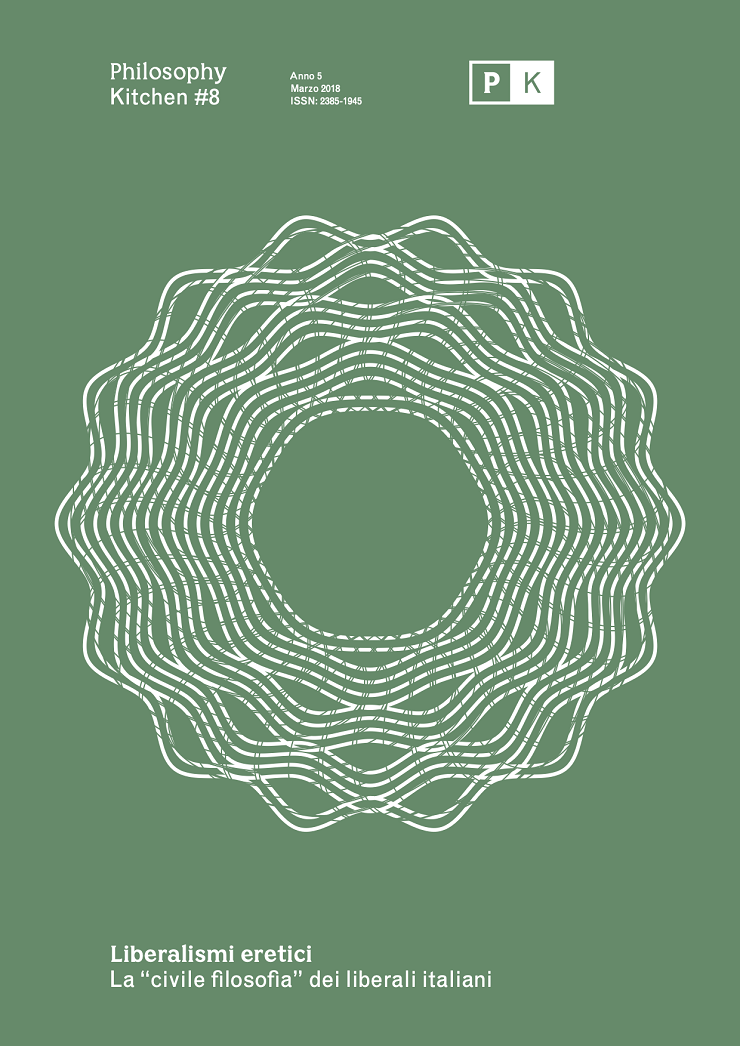Nicola Matteucci. Un liberale eretico
DOI:
https://doi.org/10.13135/2385-1945/3946Abstract
Nicola Matteucci (Bologna, 1926-2006) was an Italian political philosopher and historian of political thought. Having studied under Benedetto Croce and Federico Chabod, he combined historical approach with a theoretical investigation of liberalism. His first works were mostly historical in character, but his interest in constitutionalism, especially English and American, led him already in the 1960s to attack legal positivism, whose most famous exponents were Hans Kelsen and, in Italy, Norberto Bobbio: Matteucci argued that this doctrine, by seeing the constitution merely as a tool to organize state powers and institutions, does not discriminate between liberal and totalitarian political arrangements. Matteucci instead argued that the constitution represents the choice of a political form and contains the fundamental norms for the protection of individual rights and liberties. In his later and more theoretical writings Matteucci developed a view of liberalism as “response to a challenge”: liberal authors developed a series of conceptual and legal tools to counter the challenges of their age -the absolutist state, the totalitarian state and so on. An original Tocqueville scholar, Matteucci was very critical of populism and considered the “tyranny of the majority”, the conformism typical of mass society, one of the subtlest and biggest threats to democracy.






